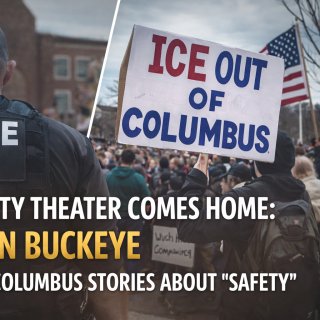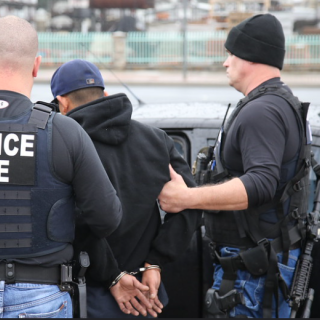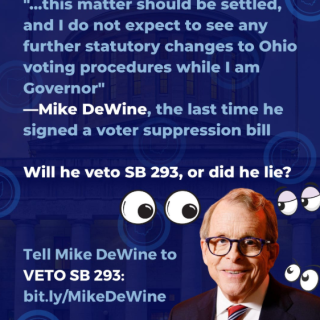Earlier this year, at a Kroger on the far Southside, a store manager was undercover. And a customer, a middle-aged white woman wearing a pant suit, a COVID mask and a floppy hat, was about to the leave the store.
Suddenly the undercover store manager yelled “Drop It!” The white woman, who looked more Dublin than Southside, scoffed at first. But then spilled her plastic grocery bags’ contents onto the floor. Out came organic juices, dog bones, and makeup. Caught red-handed. She was marched by the manager to the customer service desk.
There, a security guard made her raise her right hand and sign a document. She said she would never shop in that store again and walked out a free woman. A Free Press reporter witnessed all of this firsthand.
Corporate America continues to claim shoplifting post pandemic is ruining their bottom line, but Kroger during this time has also become one of the world’s top five largest and most profitable grocery chains. In 2020, Kroger’s sales surged over 8 percent, to $132 billion, posting a $2.6 billion profit for the year.
The Free Press asked a UFCW 1059 (Central Ohio) union rep who is a longtime Kroger employee: When was the last time you saw a Kroger shoplifter put in handcuffs by police?
“Never at Kroger,” said the UFCW 1059 rep.
Indeed, Kroger’s protocols on shoplifting appear to be all over the map. The Free Press asked Kroger corporate for a response but have not heard back yet.
We did speak to several long-time Kroger employees about how shoplifters are treated, and they told us it may depend on where the Kroger is located. Suburban Krogers may call the police, but Columbus Krogers pass on getting law enforcement involved, and instead issue bans.
Kroger corporate policy for its workers is essentially this: Under no circumstances are any employees supposed to touch, follow or detain suspected shoplifters. They are only supposed to get identifying details, such as physical appearance, clothing, make and model of car, and their license plate (if possible).
Were Blenden Township police aware of this policy?
Apparently not. In no way is the Free Press condoning shoplifting. Shoplifters anger Kroger employees because Kroger corporate has told them and their union that shoplifting is one reason they can’t pay higher wages.
The agonizing question now is, are shoplifters treated differently when it comes to the color of their skin? Everyone suspects they know the terrible answer.
The latest development is how the Columbus chapter of the NAACP is demanding the release of unedited bodycam video of the incident that killed Ta’Kiya Young and her unborn child. Blendon Township police are still processing the video, they said. Activists are also calling on Kroger’s corporate office to release its own footage. Keep in mind every Kroger has scores of cameras filming inside and out in front of its stores.
“It’s important to know if Kroger cameras caught the execution,” says Cynthia Brown, spokesperson for the Ohio Coalition to End Qualified Immunity. Brown lost a nephew to Columbus police in 2017.
Brown says there are potential solutions to these executions.
“De-escalation training is important,” she says. But de-escalation training for Ohio law enforcement is not a uniform statewide policy, and many local agencies don’t offer any.
“How come [the officer] didn’t call for back up when she feared for her life?” said Brown. “Sometimes a negotiator is called out to talk a person out of the car.”



